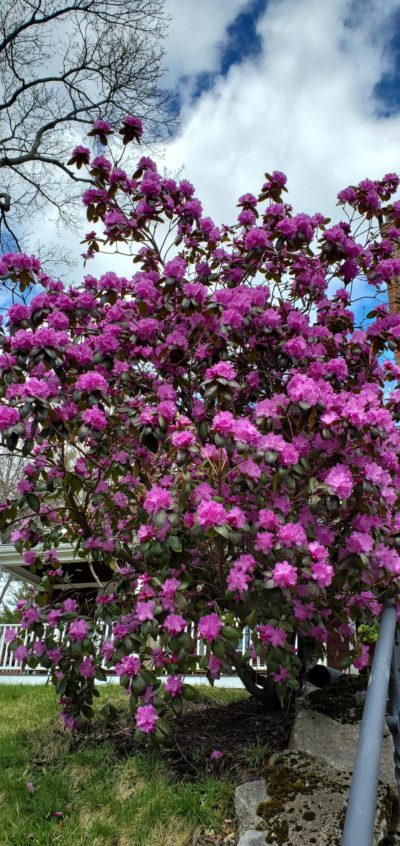Pandemic: Overcoming busyness, guilt and helplessness

- Suzette’s Cancer Journey - September 8, 2023
- My Black to Green Thumb - March 15, 2023
- Suzette and her three husbands by Suzette Standring - March 4, 2023
PANDEMIC: Overcoming busyness, guilt and helplessness.
By Suzette Martinez Standring
Are we defined by busyness? The pandemic forces a standstill, making us feel helpless. We Americans multitask: family, career, volunteerism; just cross the next thing off on the to-do list. It’s not in our cultural DNA to navel gaze. Yet time and separation gives unexpected permission to ask scary questions: What makes me happy? Who do I need most? What will I do with all this time?”
The answers differ with factors, such as age and money. As a married empty-nester, my experiences are different from, say, those raising kids.
But here’s our common bond: time.
Time for self-reflection, family dinners. Time to attempt ukelele playing or to explore that long ignored closet full of crafts, saved for “someday.” Time to reorganize.
Time is a precious gift. At home, everyone wary but welcoming togetherness, it’s odd to see stretches of blank calendar blocks (except for you on endless Zoom meetings). One friend wrote, “I sure regret buying an expensive day planner.”
Social beings, we find ways to connect. I helped a friend, for her first time, to video chat by phone using Google Duo. “Janet, check us out, grandma technosaurs. See? You did it!”
Through Zoom, six friends gathered for a virtual tea party with cups of English Breakfast, “Cheers, everyone, here’s to staying safe!” Elsewhere, Zoom happy hours or knitting groups form.
Imagine this pandemic at a time when no Internet technology was available. Yes, we deeply miss the comfort of physical hugs, but meanwhile, the faces of my daughter and grandgirls appear on my phone screen, and it sustains me. To see and hear them in real time! Jot that down in your gratitude journal.
The pandemic also brings out feelings of guilt and helplessness, thinking about others suffering in sickness, want, or isolation. My friend Vivian said, “I think I have survivior’s guilt.”
I said, “You mean like when a plane crashes and everyone dies but you?”
“Yeah,” she said, “I have a home, a family network, a good husband, enough food. I feel guilty.”
We brainstormed on how to decrease guilty helplessness.
Call folks. A human voice full of compassionate concern works wonders.
Teach others how to use their cell phones to video chat.
Likewise, share how to use Zoom so groups of people can see each other.
Create a photo book on-line and surprise a receiver or two.
Post something funny or positive on social media.
Create good memories with your kids, who may grow up to say, “That pandemic was our happiest family time.”
Most of all, pray. If you’re not religious, then meditate. Energy connects us, and it works. My recent recovery from lung cancer surgery was remarkable. I believe thoughts and prayers played a major part. Now I’m going to pray it forward for others, along with practical acts.
Don’t feel guilty. We’re not helpless. We have time to share healing in the lives of others and to explore new aspects of ourselves.
Now it’s time for me to practice my ukelele.
This column ran in The Patriot Ledger and nationally through GateHouse Media, 4/11/2010.